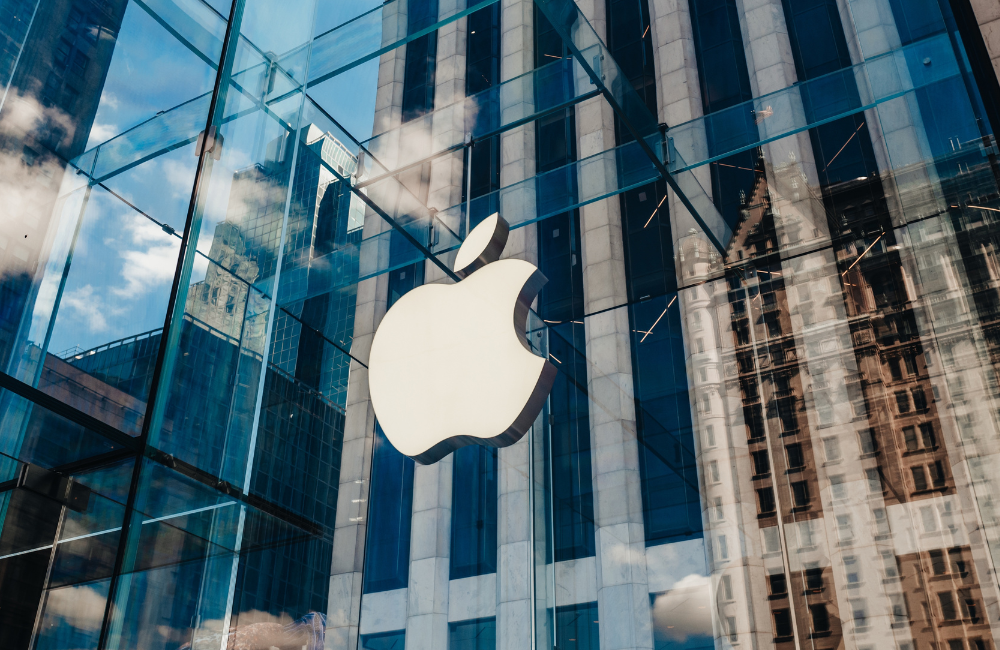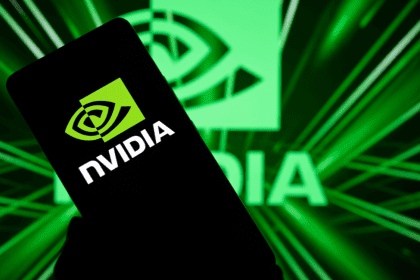Apple will not be showing off any Siri updates at its Worldwide Developers Conference (WWDC) next month. This announcement comes as a surprise to many industry observers who had anticipated significant voice assistant improvements.
According to insider Mark Gurman at Bloomberg, Apple’s new Siri – which was previously expected to launch at the start of the year – is delayed indefinitely and will not be part of the WWDC keynote in June. Gurman has a strong track record of accurate Apple predictions throughout his career as a technology journalist.
The tech giant is instead expected to focus on new Apple Intelligence features such as the rumored Battery Intelligence that will help extend a device’s battery life using the power of AI. Battery optimization remains a top concern for smartphone users globally, affecting daily usage patterns and overall satisfaction.
The new is a big setback for Apple and Bloomberg claims it has seen internal data which shows that the firm “remains years behind its competition” in terms of its AI strategy, despite internal changes and a new approach to Siri. This competitive gap has widened as other companies aggressively expand their AI capabilities.
However, an in-depth report from Gurman has given a deeper insight into the company’s latest plans and the powerful tool the company is working on. The report reveals substantial investments in AI infrastructure across Apple’s global research centers.
“Employees say Apple now has its AI offices in Zurich creating a new software architecture to replace the problematic Siri hybrid – a so-called monolithic model, entirely built on an LLM-based engine, that would eventually make Siri more believably conversational and better at synthesising information,” the Bloomberg insider states. This represents a fundamental shift in Apple’s approach to voice assistant technology.
The project has been codenamed LLM Siri and will be a major upgrade to the voice assistant that currently exists on the best iPhones and even in comparison to the initial promise Apple showcased at WWDC 2024. The new system aims to overcome longstanding limitations in natural conversation capabilities.
It is claimed that Apple is incorporating synthetic data into the LLM to allow the company to train the AI “without feeding actual user information into the models”. This approach maintains Apple’s privacy-focused ethos while still enabling advanced AI functionality.
The delay represents a significant strategic challenge for Apple as competitors continue to advance their AI assistants. Both Google and Microsoft have made substantial progress with their respective AI platforms in recent months.
Despite the Siri setback, WWDC 2025 is still expected to showcase several significant announcements. The conference will likely highlight improvements across Apple’s ecosystem of devices and services, with particular emphasis on AI integration.
The Battery Intelligence feature represents Apple’s efforts to use machine learning for practical, everyday benefits. By analyzing usage patterns, the system could potentially optimize power management in ways not previously possible with traditional algorithms.
Apple has reportedly accelerated development of other AI features to compensate for the Siri delay. These include enhanced photo editing capabilities, smarter text prediction, and improved real-time translation services – all designed to enhance user experience across Apple’s product lineup.
Industry experts note that Apple’s cautious approach to AI deployment aligns with the company’s historical pattern of prioritizing polished user experiences over being first to market. This methodology has proven successful in other product categories despite initial criticism about timing.
The LLM-based Siri represents a complete architectural overhaul rather than an incremental improvement. Such fundamental redesigns typically require extensive testing to ensure reliability across diverse usage scenarios and languages.
Privacy considerations have reportedly played a significant role in the development timeline. Apple’s commitment to on-device processing for sensitive information adds complexity to developing advanced AI features that competitors might handle through cloud processing.
While the delay disappoints developers eager to integrate with an improved Siri, the long-term strategy may ultimately yield a more capable and distinctive voice assistant. Apple’s integrated hardware-software approach could potentially enable unique capabilities once the foundation is properly established.













